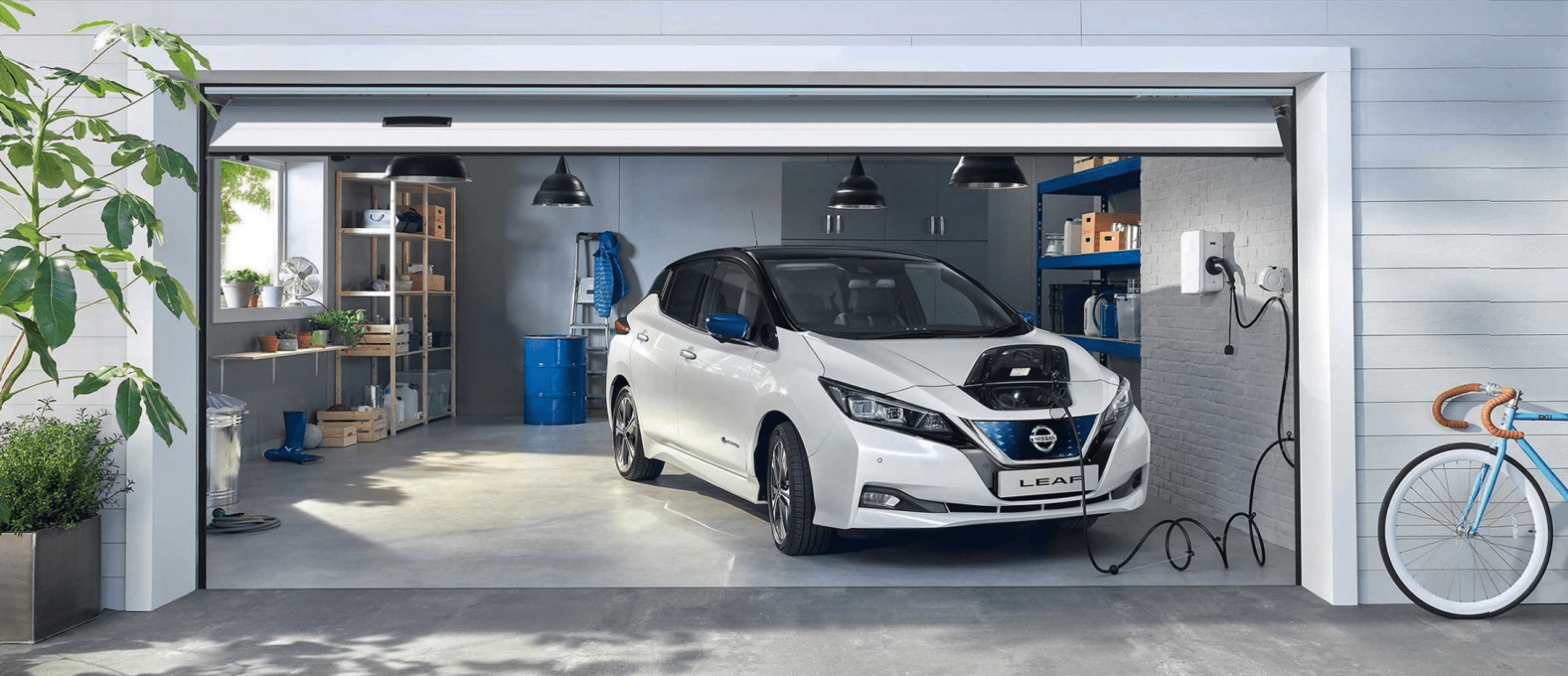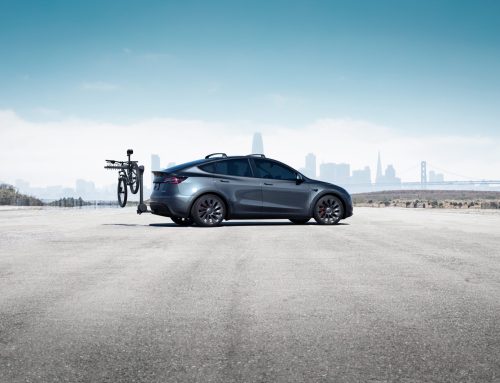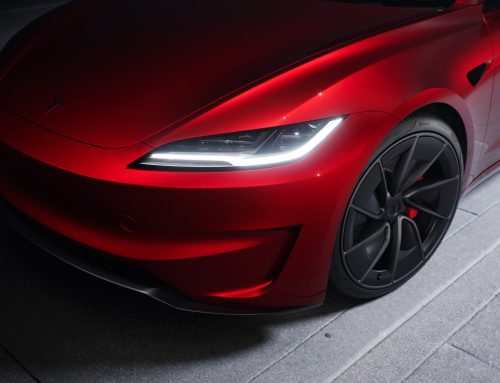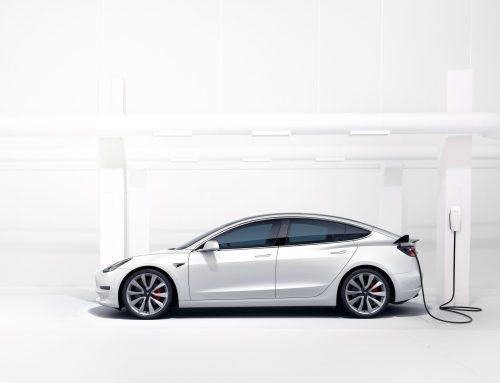EV’s and PHEV’s are now 100% Tax Free on a Novated Lease
This is one of the biggest incentives to affect the Australian Car Industry, and all employees win!
The Australian government is trying to increase the take-up rate of electric vehicles by making them more affordable. To do this the Government is changing the Tax Act to make EVs under $84,916, 100% FBT exempt.
Try our EV Novated Lease calculator to see how this makes EV’s so affordable, or to see the full range of EV’s and PHEV’s available in Australia click HERE.
What does this mean and how does it compare to Salary Packaging a normal vehicle?
Employees who Salary Package an EV under $84,916 on a Novated Lease are able to pay 100% of the lease costs and all associated running costs including charging, insurance, registration, tyres and servicing before tax, which means they pay no tax, no GST and no FBT.
Prior to this legislation these vehicle attracted FBT (20% of the vehicle value excluding on road costs), which the employee paid in after tax dollars , reducing the tax savings. The new legislation allows employees can pay for the vehicle and running costs pre-tax.
Here’s how it works!
Let’s say your fortnightly gross salary is $3,000. From that $3,000 the ATO deduct $670 in tax (22%) leaving you $2,330 to spend on your living expenses including the vehicle. If you finance a vehicle with a personal/home loan you will be paying this and all running costs from the net $2,330.
The new legislation allows you to Salary Package the finance (a novated lease) and running costs before paying any tax. This means you save 22% tax. Because these payments are salary packaged you don’t pay GST, this automatically saves you an additional 10% (GST) on all vehicle costs.
Thats a 32% saving on your vehicle.
What EV’s are eligible and what is the range and choice of EV’s available in Australia?
This FBT exemption will apply to battery electric cars, hydrogen fuel cell electric cars and plug in hybrid electric cars (PHEV’s).
The exemption will be available for eligible electric cars with a first retail price below the luxury car tax threshold for fuel efficient cars ($84,916 for 2022‑23) first made available for use on or after 1 July 2022.
We have made choosing an EV simple by establishing a dedicated Novated EV website. The site allows you to compare all FBT exempt EV’s, then calculate the cost of any EV to
your current take home pay in seconds, all on the one site! Click HERE to visit.
What does the EV FBT exemption mean?
When an employer provides a benefit to an employee in lieu of salary, the ATO regards this as a fringe benefit. They are non-cash benefits provided in lieu of salary or wages. In this context, by paying for your vehicle from pre-tax salary – the employer is providing you with a benefit.
A Fringe Benefits Tax (FBT) is a tax on these on these non-cash (fringe) benefits. It is designed to overcome past deficiencies in the income tax laws which allowed employees to receive part of their salary as tax free non-cash benefits.
FBT is assessed on an annual basis, with the FBT year running from 1 April to 31 March. While FBT is payable by the employer, the costs are passed on to the employee. Salary Packaging companies work this out for you and build the cost into your payroll deductions so you do not have to worry about meeting the expense at the end of each FBT year.
Prior to this new legislation, EV’s were placed in the same list as all other vehicles and when salary packaged on a novated lease before tax, attracted FBT.
The new legislation states that Electric vehicles up to $84,916 retail value will be 100% exempt from FBT.
This means an employee can now salary package via a novated lease the entire lease cost, and all associated running costs before tax and enjoy the entire tax and GST saving created.
Try our EV Novated Lease calculator to see how this makes EV’s so affordable.
Are Used EV’s included in the Legislation?
Yes, however the legislation states it would need to be a used vehicle under the $84,916 luxury EV limit that was first held and used on or after 1 July 2022.





